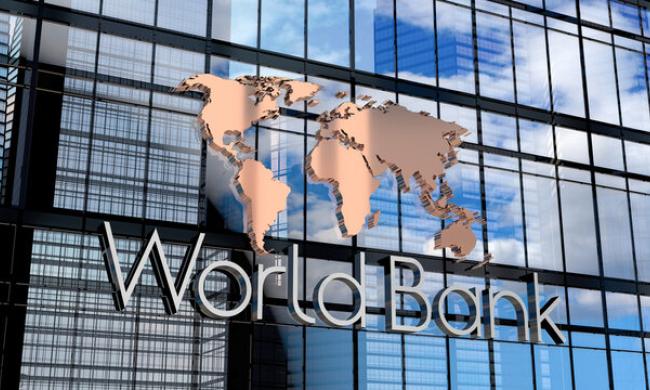
The World Bank has adjusted its economic growth forecast for Sub-Saharan Africa (SSA), reducing it to 3% for the current year, down from an earlier estimate of 3.4% made in April. This revision is significantly influenced by the ongoing civil war in Sudan, which has severely affected its economy.
Growth in the region has been sluggish, particularly among its largest economies—Nigeria, South Africa, and Angola—where growth averaged just 1.8% last year. This downturn raises concerns given the historical context; in 2020, SSA faced a contraction of 2.4% due to the COVID-19 pandemic, marking the deepest recession since the 1960s.
The World Bank’s recent report, titled Africa Pulse, sheds light on these challenges and outlines the economic outlook for the region. It emphasizes the urgency for policymakers to tackle these issues to promote sustainable growth.
“The downgrade is largely due to the economic collapse in Sudan, where armed conflict has devastated both physical and human capital, negatively impacting food security and causing widespread displacement,” the report indicated.
Looking specifically at Sudan, the economy is expected to shrink by 15.1% in 2024, with a slight recovery projected for the following year at 1.3% growth. Since April 2023, the country has been in turmoil, leading to thousands of deaths and displacing around 11 million people.
Ahead of the report’s release, the World Bank’s chief economist for Africa noted that without the turmoil in Sudan, regional growth for 2024 would likely have been 3.5% higher, aligning more closely with the original projections. “Sudan’s economy has essentially vanished,” Andrew Dabalen remarked.
Despite the current challenges, the Washington-based institution forecasts that economic growth in SSA, which has a population of 1.24 billion, will rebound to 4% in 2025 and 2026. This recovery is anticipated to be driven by increased private consumption and investment as inflation rates are expected to decrease from 7.1% in 2023 to 4.8% this year.
However, the report also highlights concerns about the region’s per capita growth, which has not been sufficient to alleviate extreme poverty. According to the World Bank, SSA’s real income per capita in 2024 is projected to be about 2% lower than it was in 2019, prior to the pandemic.
The number of individuals living in poverty has surged from 448 million in 2022 to 464 million in 2024. The report warns that the rising cost of living, corruption, and weak governance have ignited protests and growing discontent among the youth in countries like Kenya, Nigeria, and Uganda—unrest that could potentially spread throughout the region.
For updates, join our WhatsApp channel: WhatsApp Channel.